Venom N-Glycan Qualitative Analysis Service
Venom glycosylation not only affects the folding, stability, immune evasion, and biological activity of venom proteins, but also determines their binding specificity with receptors. In particular, N-glycosylation is widely present in various venom sources such as snake venom, spider venom, and insect venom, and plays a key role in toxin structural stability, toxic activity, and evolutionary diversity.
With the advancement of mass spectrometry technology, venom N-glycan qualitative analysis has become an effective approach to reveal the molecular characteristics, structural heterogeneity, and biological functional mechanisms of venom proteins. Relying on advanced mass spectrometry platforms and extensive proteomics experience, MtoZ Biolabs provides high-quality and reproducible Venom N-Glycan Qualitative Analysis Service that helps clients comprehensively analyze venom protein glycan compositions and provides solid data support for functional studies, toxicological analysis, and drug development.
Service at MtoZ Biolabs
MtoZ Biolabs’ Venom N-Glycan Qualitative Analysis Service is based on high-resolution mass spectrometry combined with highly sensitive liquid chromatography systems and multidimensional separation strategies, enabling systematic identification and structural analysis of N-glycans in venom samples. This service aims to provide researchers with clear glycan distribution profiles, structural characteristics, and relative abundance trends, thereby deepening the understanding of the biological significance of venom glycosylation. Our services include but are not limited to:
- N-Glycan Site Identification
- Glycan Isomer and Microheterogeneity Analysis
- N-Glycan Terminal Modification Analysis
- Glycan Typing and Distribution Analysis
- N-Glycan Structural Characterization
- N-Glycan Composition Analysis
Analysis Workflow
1. Sample Pretreatment and Protein Extraction: Tailored gentle extraction and purification methods are employed to preserve the integrity of glycan structures in complex venom samples.
2. N-Glycan Release and Purification: Enzymatic (e.g., PNGase F) or chemical approaches efficiently release N-glycans, followed by solid-phase extraction or multi-step desalting to remove impurities.
3. Derivatization and Detection Optimization: Appropriate derivatization strategies (such as reductive amination or methylation) are selected to improve glycan ionization efficiency and detection sensitivity.
4. High-Resolution LC–MS Detection: High-resolution liquid chromatography–mass spectrometry systems are used to characterize glycan structures and generate qualitative glycomics data through spectral matching.
5. Data Analysis and Reporting: Professional bioinformatics tools are applied for glycan identification, structural annotation, and qualitative reporting, producing results directly applicable to subsequent studies.
Service Advantages
1. Complex Sample Analysis
Venom samples often contain diverse high-molecular-weight toxins and protein impurities. With rich experience in complex matrix sample handling, MtoZ Biolabs applies multi-step purification and customized pretreatment workflows to ensure complete glycan release and high-sensitivity detection, guaranteeing accurate and reproducible results.
2. High-Resolution Platforms
Using high-resolution Orbitrap and Q-TOF systems combined with advanced LC systems, we achieve precise glycan structural detection and reliable qualitative results. The superior performance of these instruments enables differentiation of isomeric glycans and detection of low-abundance species.
3. Wide Applicability
Our analytical workflows can be flexibly adapted to various venom sources, including snake, spider, and scorpion venom. Extraction, deglycosylation, and separation strategies can be customized for different sample characteristics to ensure data comparability and representativeness.
Applications
✔️ Venom Function Studies: Reveal how N-glycosylation affects toxin activity, stability, and receptor binding.
✔️ Evolutionary Biology Research: Explore interspecies differences in venom glycan compositions and their evolutionary implications.
✔️ Drug Discovery and Bioactive Molecule Screening: Identify unique glycosylated toxins as potential drug candidates.
✔️ Biomarker Screening: Discover characteristic glycans associated with pathological states or ecological adaptations for further functional validation.
Deliverables
1. Raw mass spectrometry data files
2. Glycan structure identification reports with annotations
3. Glycan composition and distribution charts with visualized structures
4. Documentation of sample preparation and analytical procedures
5. Technical summary report
Glycosylation is a crucial molecular mechanism underlying venom functionality and evolutionary diversification. As a core modification, N-glycans play an irreplaceable role in toxin biology research. Through the high-quality Venom N-Glycan Qualitative Analysis Service offered by MtoZ Biolabs, we are committed to helping global researchers elucidate venom glycomic characteristics and uncover the relationship between structure and function.
If you are conducting venom proteomics or glycomics research, please contact the MtoZ Biolabs technical team. We are dedicated to providing professional analytical support for your projects.








